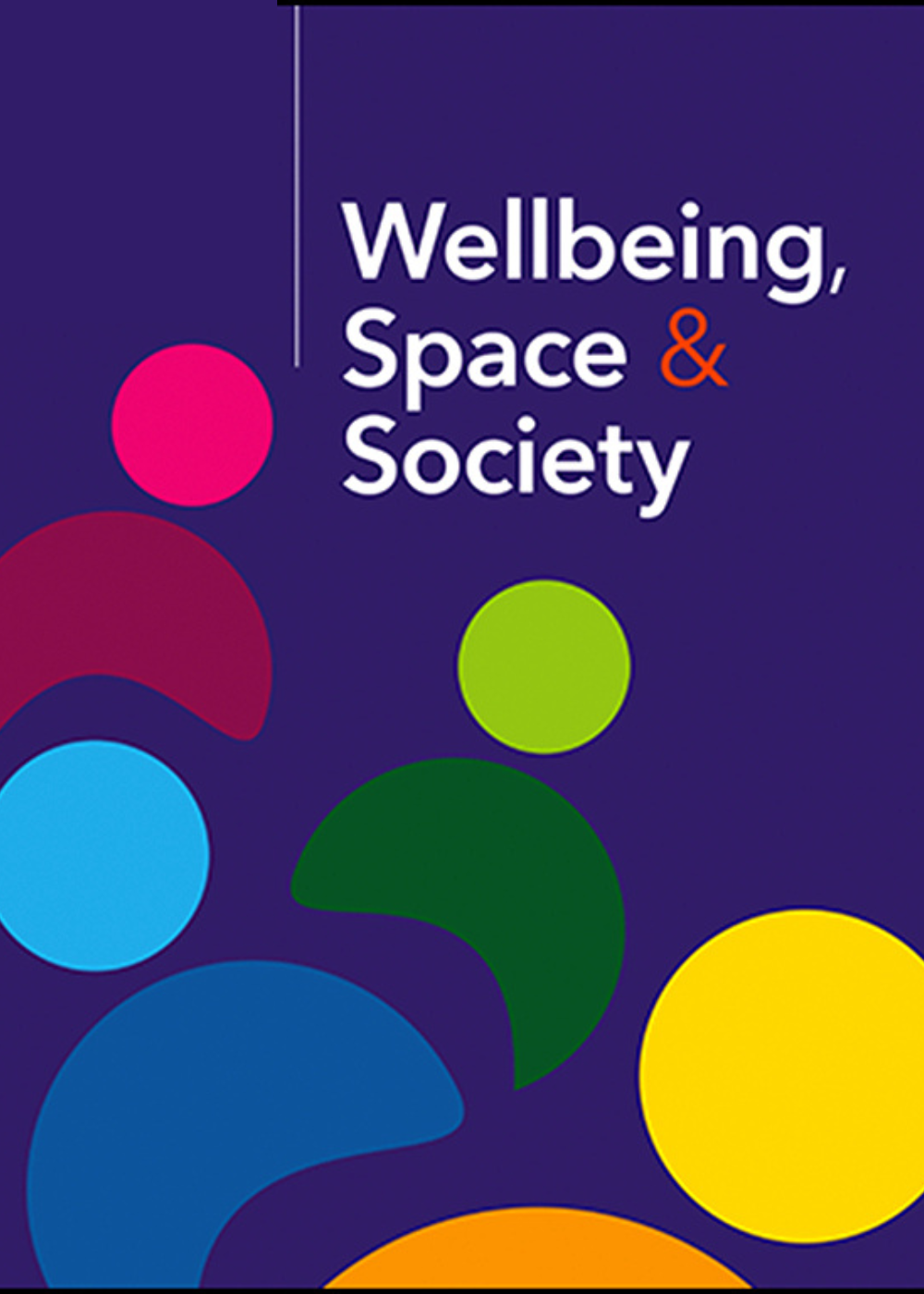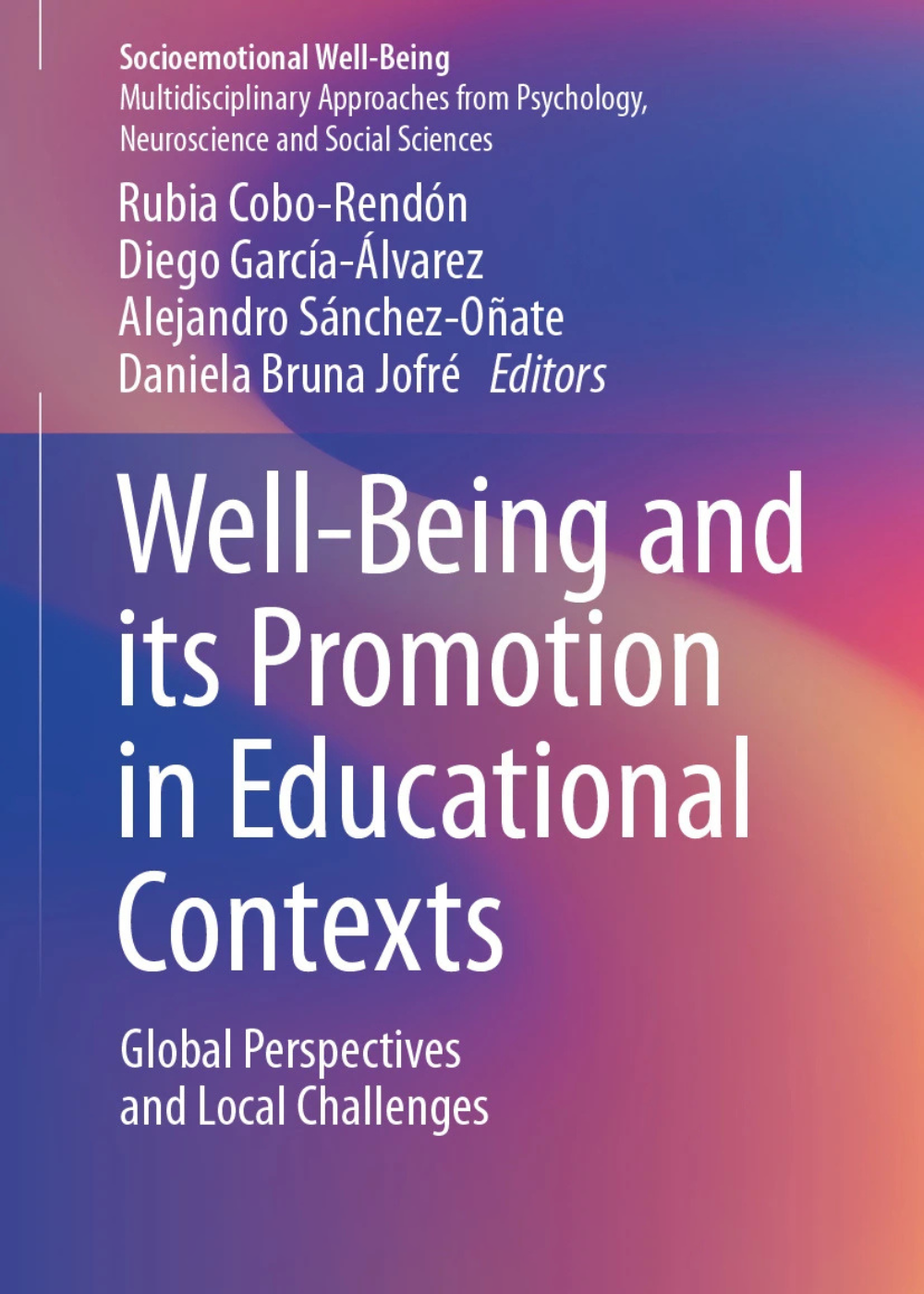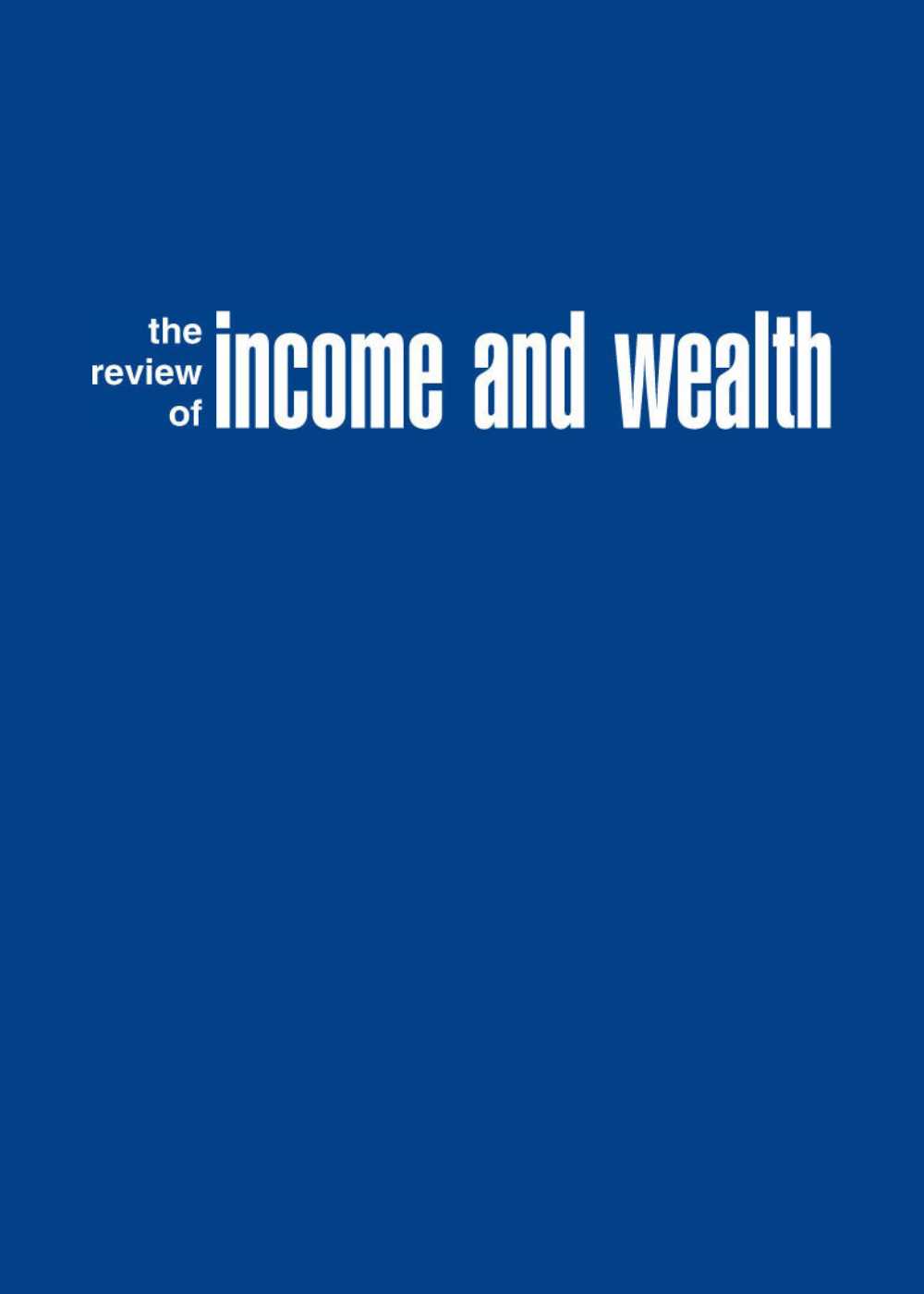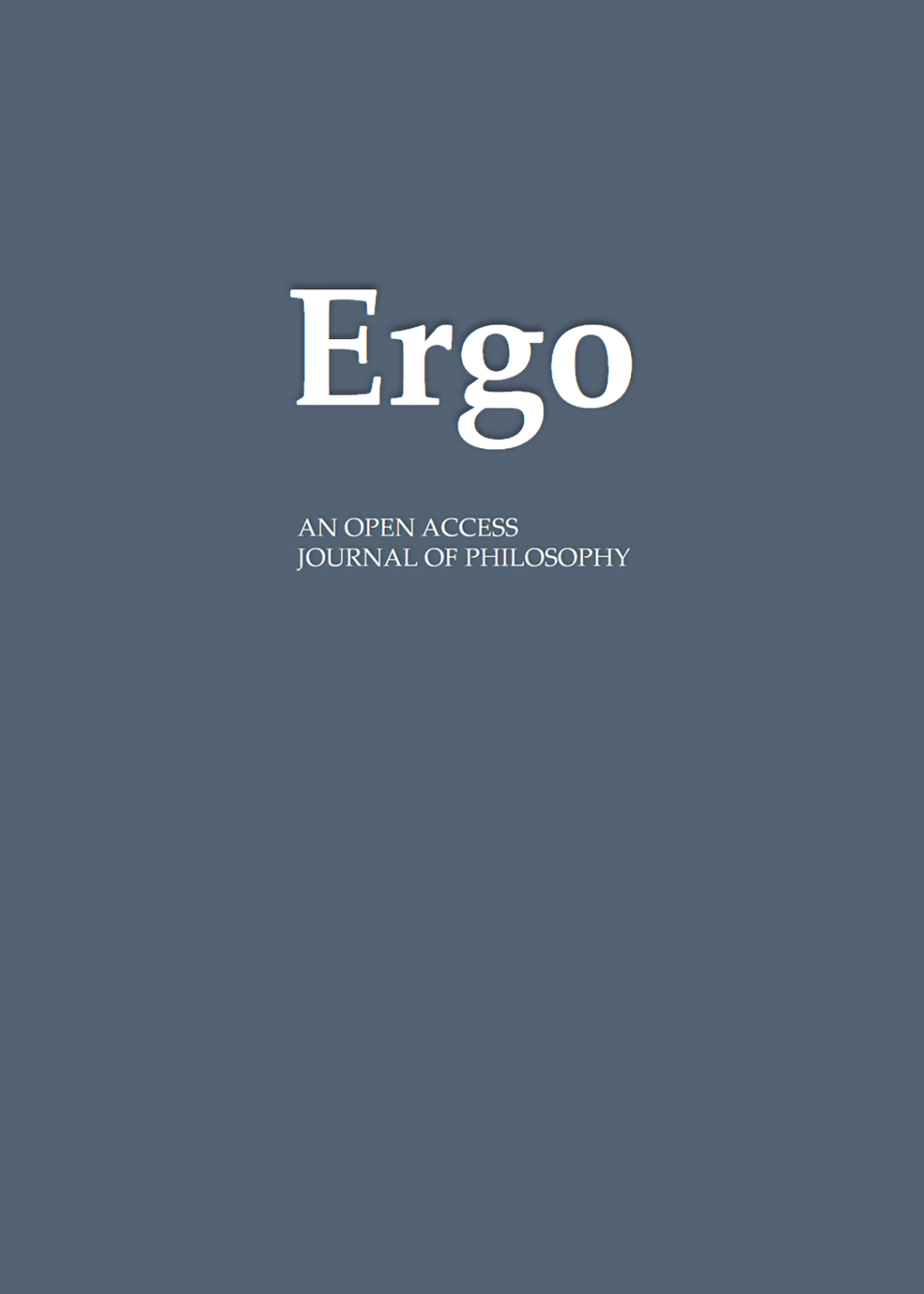
Is motivated memory (just) a matter of mood?
Experimental Economics
Alberto Prati and Charlotte Saucet
Abstract
In recent years, there has been an increasing interest in motivated memory as a psychological determinant of economic outcomes. According to motivated memory, people tend to better recall pleasant information because it serves their psychological needs. Another phenomenon, however, predicts the same pattern: According to mood congruence, pleasant information is easier to recall for individuals in nonnegative mood, regardless of any psychological needs. Since most people tend to have some need for self-esteem and to experience more positive than negative feelings during the day, the two phenomena predict similar outcomes in most ordinary situations, but not all. To test the predictive power of these two phenomena, we collect data from a laboratory experiment and from a nationally representative survey. We study how individuals in a temporarily induced negative mood (via a video clip) or those who report a low baseline mood (relative to the population) recall negative feedback. Our results meet the predictions of motivated memory: Individuals better recall positive than negative feedback, even when they are in negative mood. Motivated memory is not just a matter of mood.







